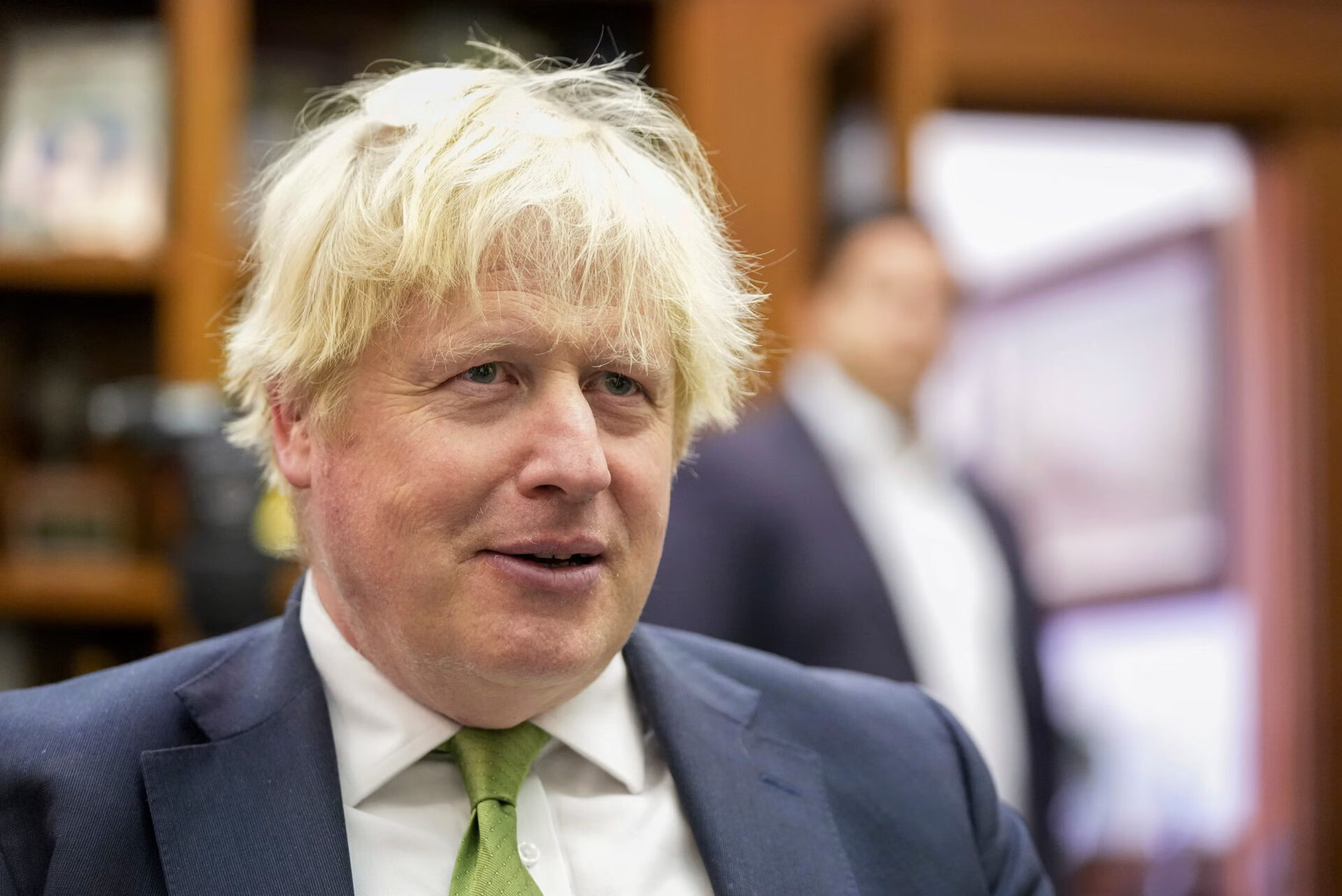From the time when his nominee Liz Truss was ousted from the Prime Ministership and replaced by Rishi Sunak in October 2022, Boris Johnson has been on a mission to weaken the Conservative Prime Minister of Britain and to humiliate him. There is a sense of dejavu in all this. When several members of the Congress Party voiced their view within two years of his taking charge as Prime Minister that Narasimha Rao should be given a second term should the party secure a majority once again in the 1991 general elections, it apparently upset Sonia Gandhi, who as the head of the Rajiv Gandhi branch of the Nehru family (as distinct from the Sanjay Gandhi branch) was in a position to enforce her wishes on the Congress Party, which from the 1960s saw her as the ultimate authority. Sonia had been crucial in ensuring that Narasimha Rao was chosen as the Prime Minister in 1991 when Rajiv was assassinated by an LTTE suicide bomber. At that point in time, Rao had no ambitions except to do work in villages, and besides, he had issues with his heart. Which was why he had been expected to hand over charge to a 10 Janpath favourite such as Arjun Singh.
Instead, not only did Rao continue as PM, he got a name for himself by not just turning Nehruvian economic policy on its head but in his success in keeping the fires that the ISI had begun in Punjab and Kashmir in the 1980s from not destroying the linkages of the two border states with the rest of the country, but in steadily bringing both insurgencies under control. It was thus no longer a given that he would not accept a second term, should the Congress Party win in 1991. After he gave no indication that he would step aside within three years, staunch loyalists of 10 Janpath such as Arjun Singh and N.D. Tiwari revolted against him. Sonia damaged the Prime Minister’s image by getting her loyalists to saying that Rao favoured the rich over the poor, exactly the canard that is being bandied out by those close to Rahul Gandhi about another reformer, Prime Minister Narendra Modi, since his second term began in 2019.
Sunak took over the leadership of a party that combined complacency with corruption, and given his less than strong position within the Conservative Party rank and file, the first Prime Minister other than of native British origin could do little about the mess that his party was in after Johnson’s theatrics and his campaign against him. In hindsight, the Conservative Party ought to have involved the Conservative rank and file rather than only its MPs, who in the 2024 polls were punished by their party cadres through abstention. The 2024 disaster was attributed by Johnson and others who disliked Sunak almost wholly to Sunak, whereas he had only a small role in the worst electoral debacle ever experienced by the Conservative. Guess what, apart from referring to the Prime Minister by his name, his detractors used to refer to him as Richie Sunak. Given the wealth of his immediate family, it was easy to cast Sunak an elitist only concerned about the welfare of the millionaire class, something much more difficult in the case of Prime Minister Modi, whose humble beginnings are no secret to the 1.4 billion citizens of India. Apart from the fact that many more have been lifted from poverty since 2014 than was ever achieved in the past. Which is why the I.N.D.I. Alliance failed to prevent a third term for the Prime Minister.
Conservative MPs were nudged by the City of London to choose Sunak, who overall did a competent job as UK PM. The City had been spooked by the fall in financial markets after Liz Truss talked of policies that they saw as too close to Conservative hardliners and pushed the MPs to choose Sunak. Not that there was a better choice. Indeed, he was probably the best, but by 2022, the Covid and Ukraine imbroglios had already ensured that the Conservative Party would lose badly in 2024. None of this has prevented the Johnsonistas from making Sunak the fall guy for the 2024 debacle, so as to ensure that Rishi Sunak has very little chance of a comeback within his party, even as a senior leader. Apparently, they have succeeded in ensuring that Rishi Sunak has very little hope of a future in the Conservative Party. In contrast, Keir Starmer, the new Prime Minister, has been gracious to his predecessors in a way that those in Sunak’s party ought to learn lessons from, should they aspire for a comeback in 2029.

